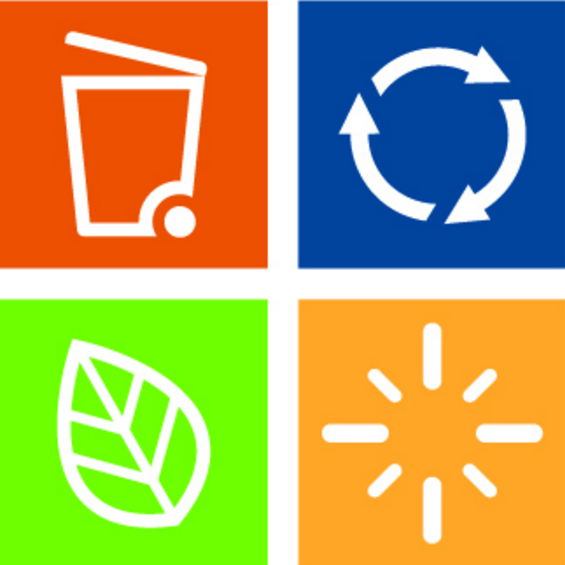What Can (and Can’t) Be Recycled in 2019

We shared an update recently about the global changes happening in the recycling market and how it affects both our company and our clients.
Despite all of the changes this year, recycling remains an important effort in preserving our planet and environment. The new limitations simply mean working to be more conscious of what we throw out and what we send on to be recycled. By working together, we can ensure all of our recycling makes it to the right place...and not back into a landfill. Below is a quick and handy guide to help make adjusting your recycling habits easy and straightforward.
Items that are recyclable in 2019:
Please note: Before disposing of these items, make sure to remove all lids and rinse the containers until they are free of all food or chemical waste.
Aluminum cans
Aluminum foil
Steel and tin food cans
Corrugated cardboard
Office paper
Newspapers
Paperboard
#1 plastics (like water, juice, and salad dressing containers)
#2 plastics (like milk, laundry detergent, and shampoo containers)
Other Items that are frequently put into recycling that should not be:
#3 plastics (like kitchen plastic wrap, plumbing products, and the exterior packaging of most consumer goods)
#4 plastics (like grocery bags, squeezable food containers, and garment bags)
#5 plastics (like yogurt containers, butter containers, snack food bags, and plastic cups and straws)
#6 plastics (like egg cartons, plastic utensils, and most takeout containers)
#7 plastics (like reusable water bottles, CD cases, and electrical components)
Pizza boxes
Paper towels
Toilet paper
Diapers
Foam packaging
Window glass
Heat resistant glass (like Pyrex)
Ceramics
Items that must be recycled by specialized vendors and cannot be placed at the curb:
Batteries
Light bulbs
Electronics
Small kitchen appliances
Air conditioners
Tires
You can find out more about our recycling program and why certain items can or can’t be recycled here.